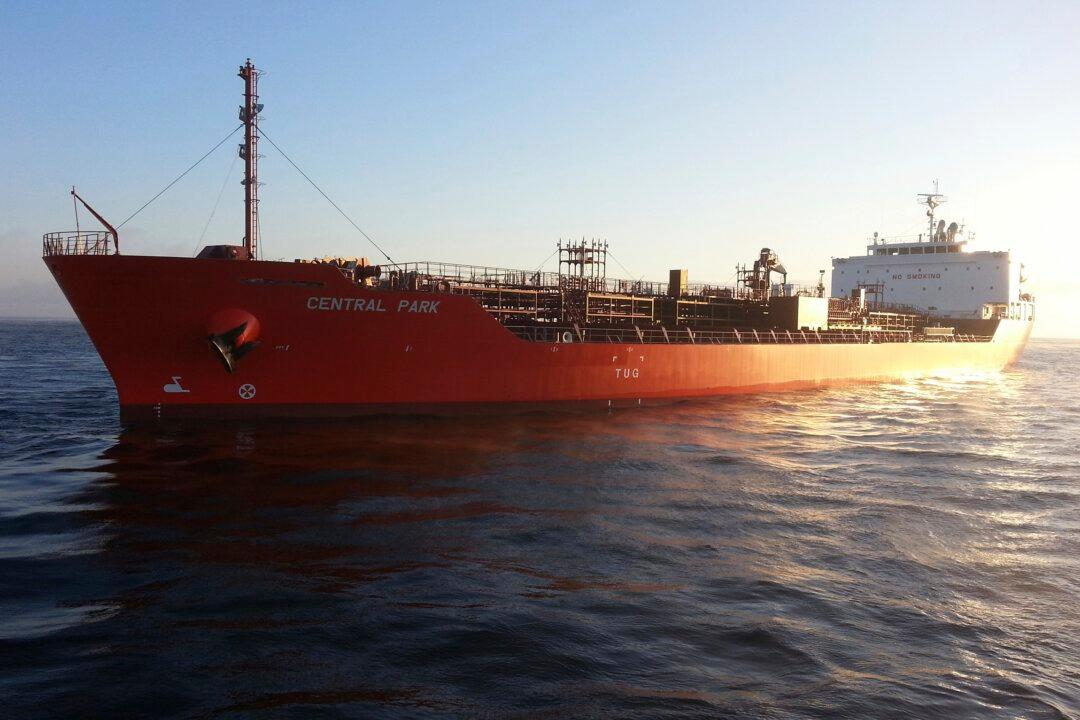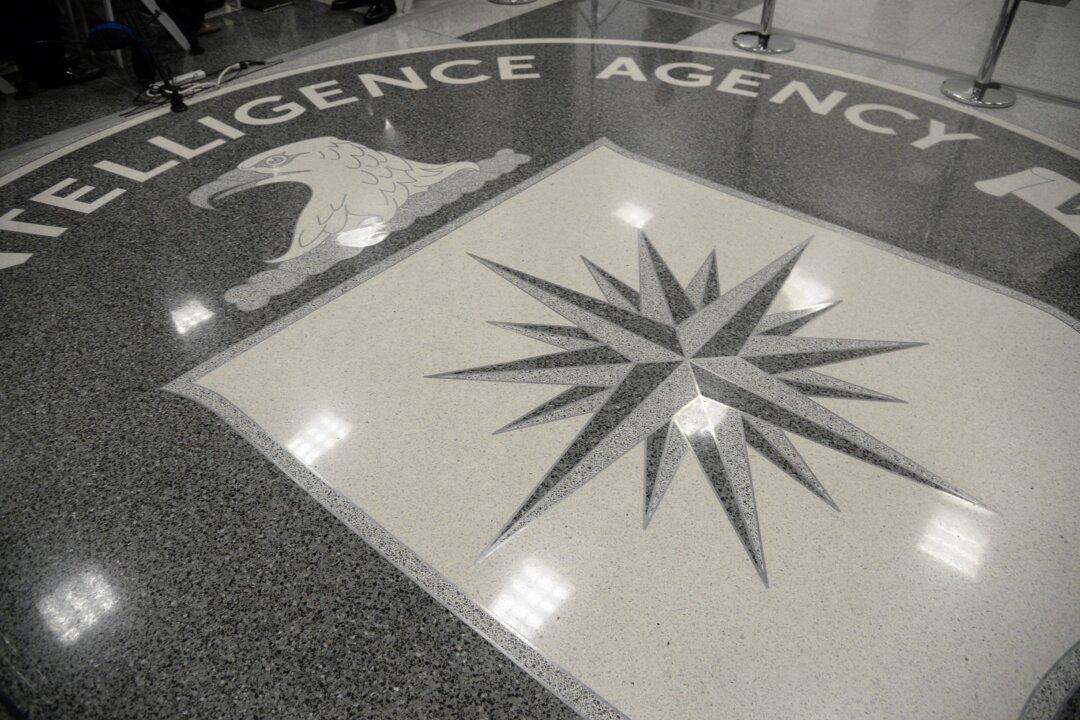Somali Pirates are to blame for a raid on a tanker vessel in the Gulf of Aden on Sunday, according to initial U.S. military assessments.
A group of at least five attackers boarded a Liberian-flagged vessel, M/V Central Park, on Sunday evening. The destroyer USS Mason was the first to respond to a distress call from the tanker vessel on Sunday and a visit, board, search, and seizure (VBSS) team assigned to the U.S. warship managed to secure the tanker vessel and detain the suspected attackers as they attempted to flee the scene on a small boat.





